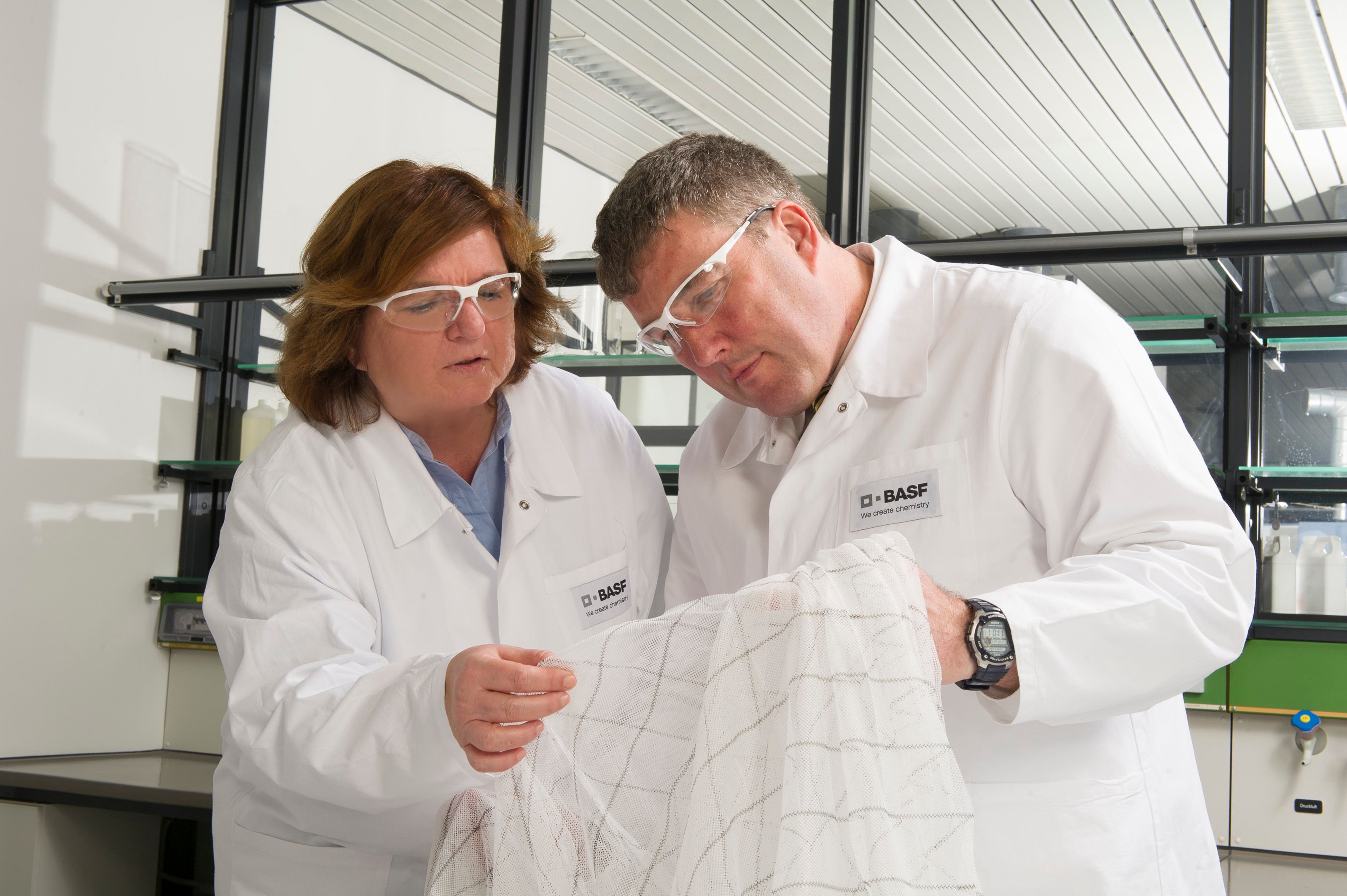Beating insecticide-resistant mosquitoes with a new class of chemistry and next-generation nets

Mosquito control
Long-lasting insecticide-treated nets have been the backbone of malaria prevention for decades, helping to prevent 68% of malaria cases in Africa between 2000 and 2015. The Interceptor® G2 is a second-generation insecticide-treated net developed by BASF with support from IVCC, specifically in response to studies showing increases in insecticide-resistant mosquitoes.
Interceptor® G2 is a dual active ingredient insecticidal net that is based on a new class of chemistry to which malaria-carrying mosquitoes have not developed resistance and kills about 70% to 97% of the mosquitoes which encounter it. To ensure that these nets reach those who need them most, scientists including experts from the London School of Hygiene and Tropical Medicine and Imperial College London have come together with partners in endemic countries through the New Nets Project, led by IVCC. By 2022, the Project will have distributed over 35 million Interceptor® G2 nets across 13 countries, protecting an estimated 63 million people and averting millions of malaria cases, thanks to funding from The Wellcome Trust and British-backed multilaterals, Unitaid and the Global Fund to fight AIDS, Tuberculosis and Malaria
To accelerate the fight against malaria. The main thing we need is a commitment to funding. And that includes the international donors and the British government, who have been excellent and one of the largest donors to the malaria campaign.